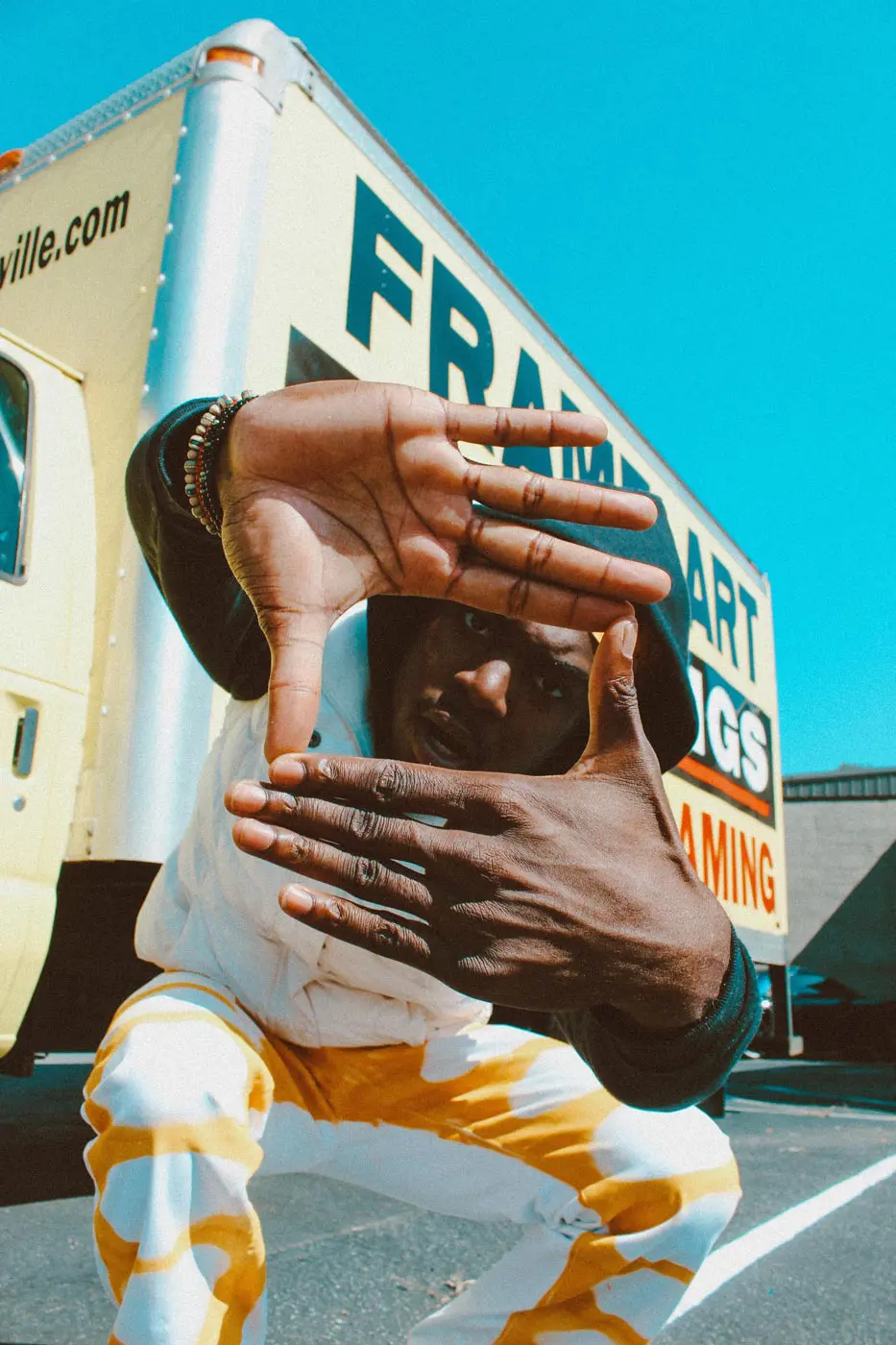4 Questions About The Music Industry You Should Not Be Asking

If you’re just starting in the music industry, you might be wondering what questions you should be asking. While you’re writing a song, you need to be clear about what the record company is looking for. Questions About the Music Industry You Should Not Be Asking The answer may surprise you. Most record companies won’t invest hundreds of thousands of dollars in your music career if they don’t know you can write well. But don’t worry! You’re not alone! Here are some common questions that many managers ask musicians:
Lessons learned
When you’re in the music industry, you’ll learn to provide tremendous value to your customers. You’ll learn how to maximize your dollars while minimizing risks. You’ll also learn how to develop a win-win mindset and apply it to everything you do. Ultimately, these are valuable lessons that you can apply to your career. Listed below are some of the lessons I’ve learned as an entrepreneur in the music business.
Self-discipline is one of the first lessons you learn as a music student. You’ll learn to express yourself with sound, develop technical motor skills, and learn how to collaborate. You’ll learn how to spark both your creative and critical thinking. You’ll become more confident, motivated, and resilient. Even if you don’t decide to pursue a career in music, the lessons you’ll learn will serve you well in any field.
The music industry has been impacted by the disruptive power of the internet. Disintermediation has reduced the role of middlemen, forcing more artists and managers to focus on nurturing talent and creating an environment. At the same time, new ways of collecting fans and connecting artists are emerging. These new opportunities can create opportunities for innovative businesses. It’s time to start harnessing these new opportunities to create a sustainable future. If you can apply these lessons to your career, you’ll have a greater chance of making it.
Musicians are strong, diligent professionals. They must take the time to stand up for the issues they care about. Fans will be more connected and feel more connected to their favorite artists if they support their beliefs. However, it can be hard to be firm on an issue only to learn that you were wrong. There are many facets to the music industry and it is important to keep an open mind as an artist. You’ll never know what the future holds, so make sure you’re up to date on the latest trends in the music industry and learn how to make the most of them.
Afrobeta’s Cuci Amador encourages music industry professionals to listen to their peers and remain open-minded and creative. The music industry promotes a culture of collaboration, so having a close circle of people who are willing to offer honest and constructive advice is a powerful creative tool. Remember to keep your tribe of people in mind. They are your best advocates. Just remember that if your tribe doesn’t share your ideas, it doesn’t mean they’re listening to you.
Common questions to ask a musician
Aside from describing their creative process, musicians can answer common questions about how they interact with fans and how they deal with performance anxiety. This can be an excellent opportunity to learn more about the industry from a respected individual who is already successful. Asking questions about the creative process of musicians will allow you to gain insight into how they make music, as well as their relationship with their fans and other responsibilities. Ask about how they balance their time between playing and other responsibilities.
Before sitting down with a musician, prepare a list of questions that you would like to ask. Ask them questions that will draw out their interests. Be prepared to adjust your questions to their answers. Try to make your questions as personal as possible, showing a genuine interest in the artist and their career. In this way, your interview will be more effective. Once you have an idea of what to ask, you can practice your interview and practice it until you feel confident asking the musician.
If you’re interested in joining a band, you’ll probably want to ask about their influences. For instance, you may want to ask about their time in the woods of Wisconsin. Likewise, you might be curious about how they work together in a band. It’s OK to ask if they’ve written songs for others or if they enjoy working alone. Remember that musical taste is subjective, so don’t be afraid to ask questions about the music genre that you like.
Another important thing to remember when interviewing a musician is to remember that musicians are used to being interviewed by a completely unprepared person. However, if you want to get a good interview out of a musician, you need to break through the walls that have been created between the two of you. Try to make them laugh – a real laugh is a great way to find out more about the person.
If you want to make a good impression, you can ask about their influences. It shows respect for them and opens the door to a deeper connection. Remember that artists don’t like to be teased by fans, so it’s best to avoid embarrassing them with awkward topics. Just make sure that you ask about their influences – whether it’s the most famous artist or a musician who is known for experimenting on their own.
How much will you pay a musician? You should make a fair amount of money for their time and talent. Remember, musicians shouldn’t play for free – especially not on ad-supported websites. That’s only fair for them and you! But if you’re considering paying a musician to play at your church, it is vital to ensure that you pay him or her for their time and skill.
Commonly asked questions by managers
When you’re looking for a manager, you’ll probably wonder what your best options are. Some good managers will be upfront and tell you exactly what to do. Some will even provide you with some ideas on how to get signed or get live agents. Other managers will offer tips and tricks for marketing yourself and selling records. However, it’s important to be wary of any manager who claims to have everything figured out.
Knowing the genre your manager specializes in is important. Some music managers specialize in certain genres, so they might be a bad fit for an indie rock band. On the other hand, a manager with connections in multiple genres can be a good fit for your genre. Also, it’s important to understand their goals as a manager, as these can help you gauge their availability. Lastly, make sure to learn about their past clients. They’ll have insight into your specific career path.
You can learn about your manager’s history by asking them a few questions. Find out what other artists they’ve worked with. What are their strengths and weaknesses? Do they have a strong network? Does he/she know the copyright law and publishing? Are they knowledgeable about current events in the music industry? Are they passionate about working with artists and musicians? Do you trust their judgment and recommendations?






Comments
This post currently has no comments.